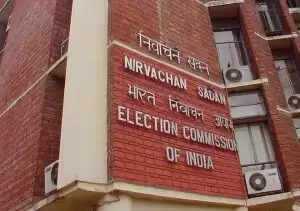
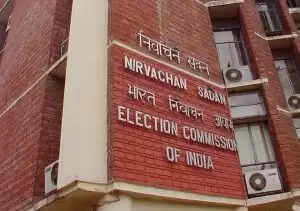 Bihar's Controversial Voter Roll Revision
Bihar's Controversial Voter Roll Revision
Months prior to the Assembly elections in Bihar, the Election Commission of India (ECI) initiated a 'special intensive revision' of the electoral rolls on June 28. Critics argue that this move threatens the fundamental democratic principle of universal adult suffrage as enshrined in the Indian Constitution. This initiative mandates that approximately 2.93 crore voters present documentary evidence of their birth and parental origins. Opposition parties have drawn parallels between this process and the controversial National Register of Citizens (NRC), warning that such extensive verification could lead to widespread disenfranchisement.
Bihar's electorate comprises around 7.89 crore voters, with 4.96 crore already registered as of 2003. For these individuals, the verification process is relatively simple, requiring only name confirmation and form submission. However, the remaining 2.93 crore voters face a more complicated situation. Those whose names were omitted from the electoral rolls during the last revision in 2003 must now furnish valid proof of their birth details and those of their parents, including their place of origin. This shift places the onus of proof squarely on the voter, deviating from previous practices. By requiring voters to prove their eligibility without providing access to necessary documents or legal assistance, the process transforms a fundamental right into a daunting challenge. Voters born before July 1, 1987 must present documentation verifying their date and place of birth, while those born between July 1, 1987, and December 2, 2004, need similar proof along with one parent's identification. For individuals born after December 2, 2004, documentation for both parents is required. Given the difficulties in accessing official records—particularly for rural, low-income, and migrant populations—these requirements could disenfranchise many.
The ECI defends this initiative as a constitutional duty, asserting that it aims to eliminate illegal foreign migrants by verifying their birthplace and ensuring that only Indian citizens are included in the electoral rolls. This initiative is set to expand to other states like Assam, Kerala, Puducherry, Tamil Nadu, and West Bengal, where elections are scheduled for 2026, amid ongoing crackdowns on illegal migrants, particularly from Bangladesh and Myanmar.
Opposition parties have accused the ruling BJP and the ECI of attempting to manipulate electoral outcomes under the pretext of administrative efficiency. They have condemned this initiative as a Nazi-like effort to trace ancestry and infringe upon democratic rights. The Congress party has expressed concerns about the potential for “deliberate exclusion” of Muslim and Dalit communities from the voter list through the misuse of government resources.
Despite these criticisms, the ECI, which some perceive as increasingly aligned with the ruling government, must clarify its stance on this initiative. Failure to do so could lead to a significant erosion of public trust in this constitutional body, posing a serious threat to the integrity of India's democracy.
-
Hidden Hyderabad: 5 places that tourists often miss
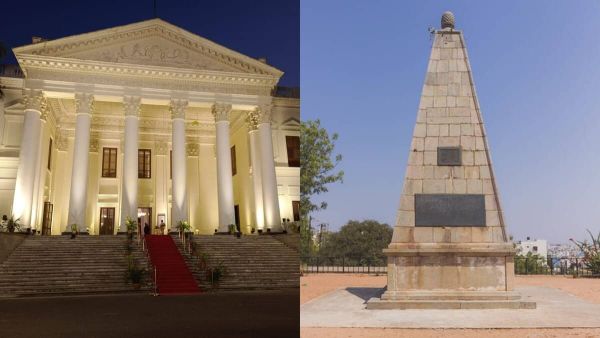
-
Siraj reveals big reason behind opening restaurant in Hyderabad
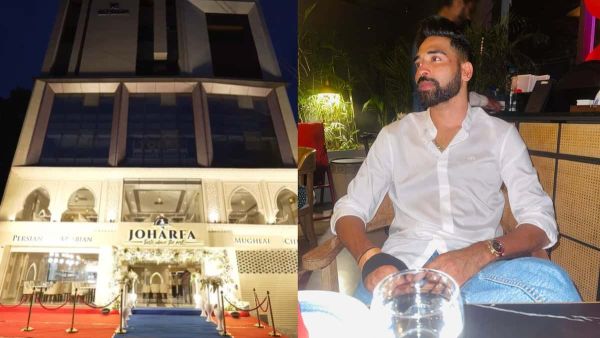
-
Uttarakhand man battles for life after mob targets his faith
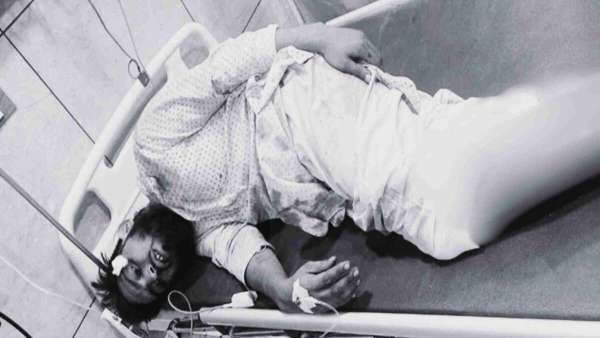
-
MP nursing student butchered in hospital, boyfriend films murder
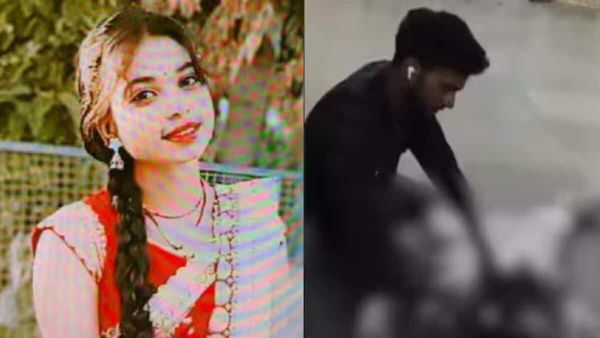
-
Mouni Roy to groove with Chiranjeevi in next; know their age gap
